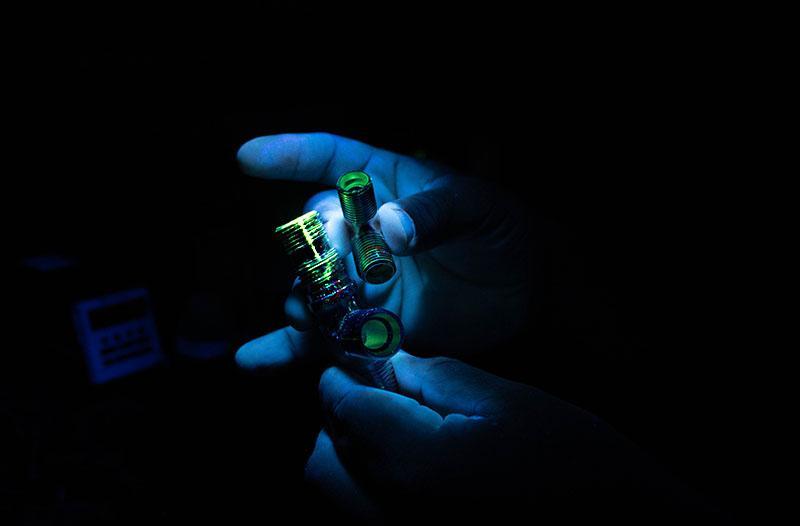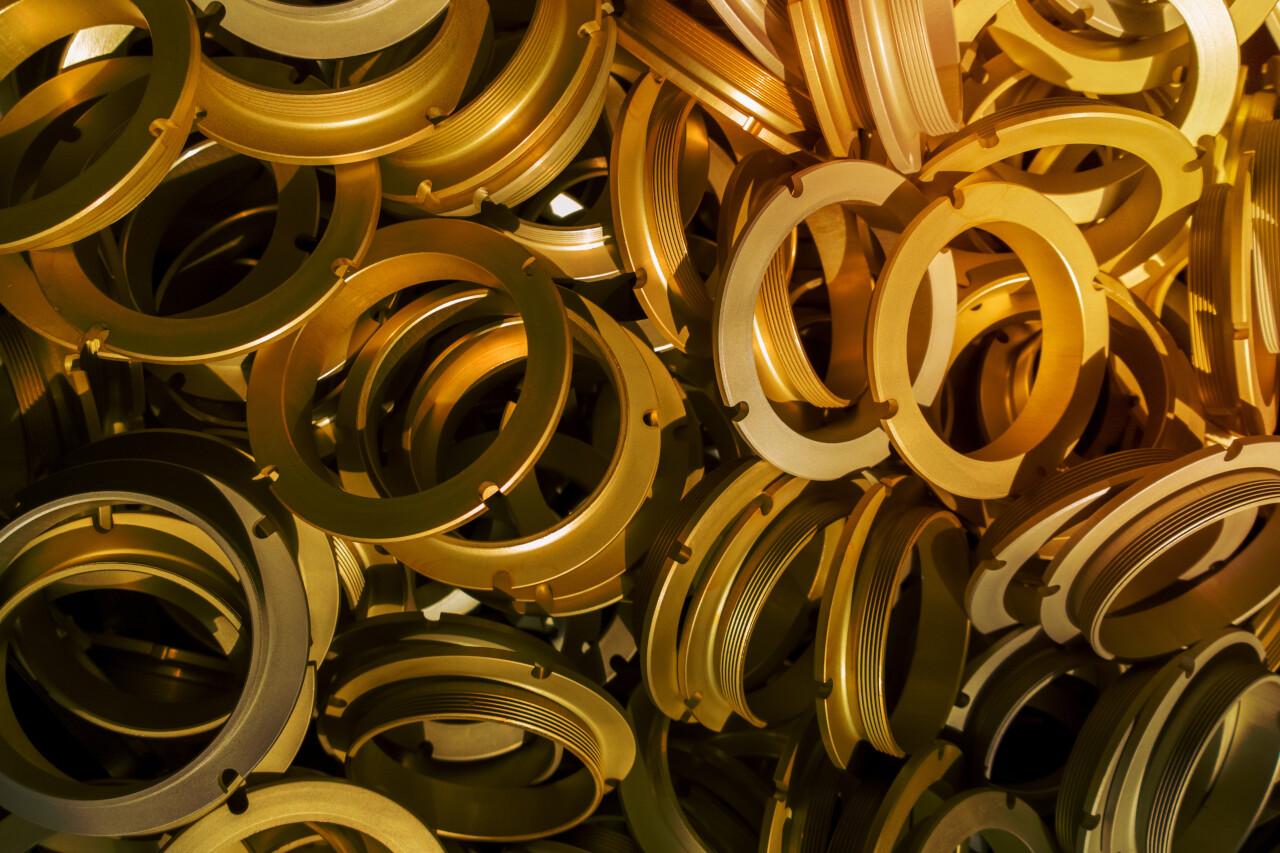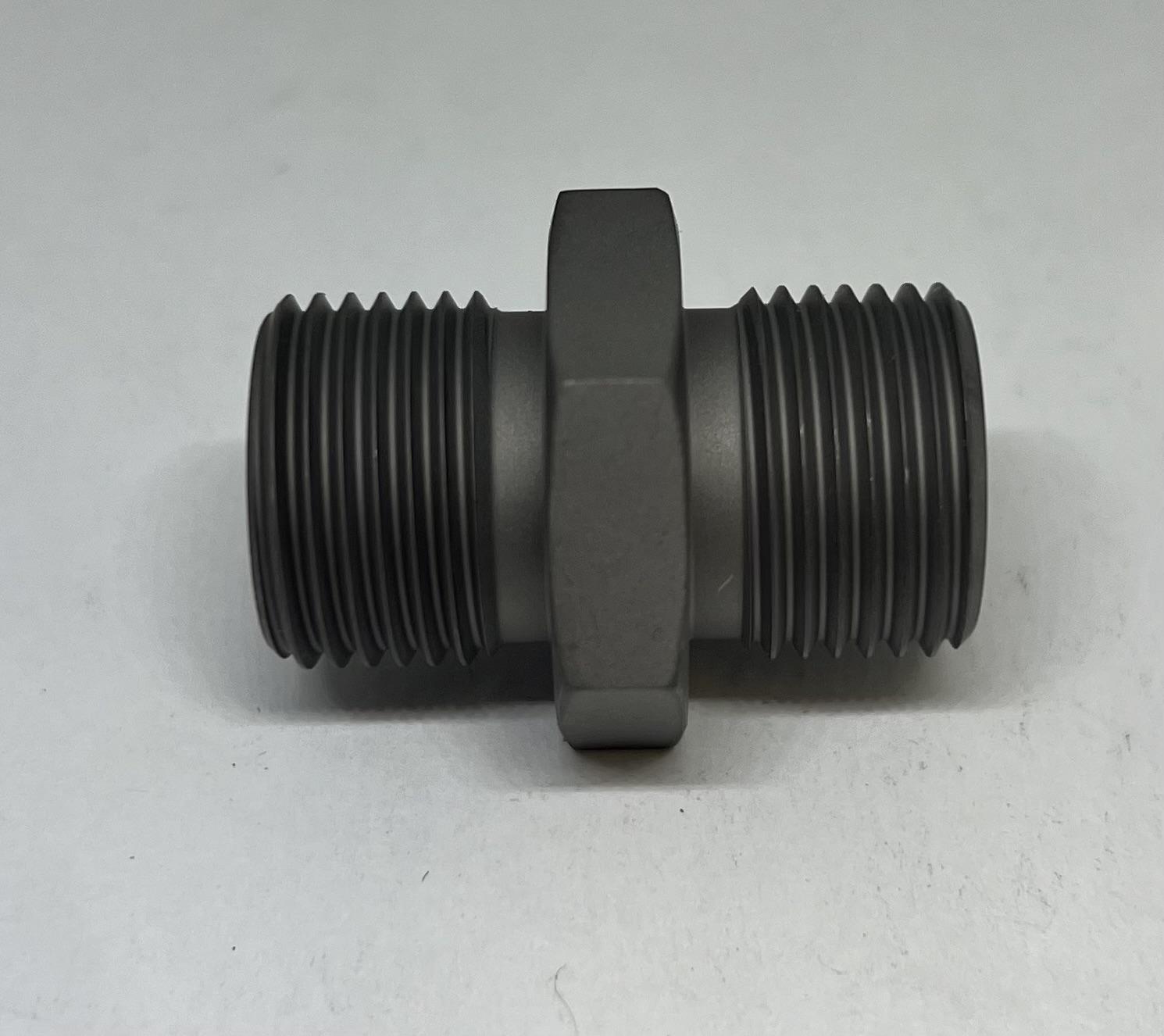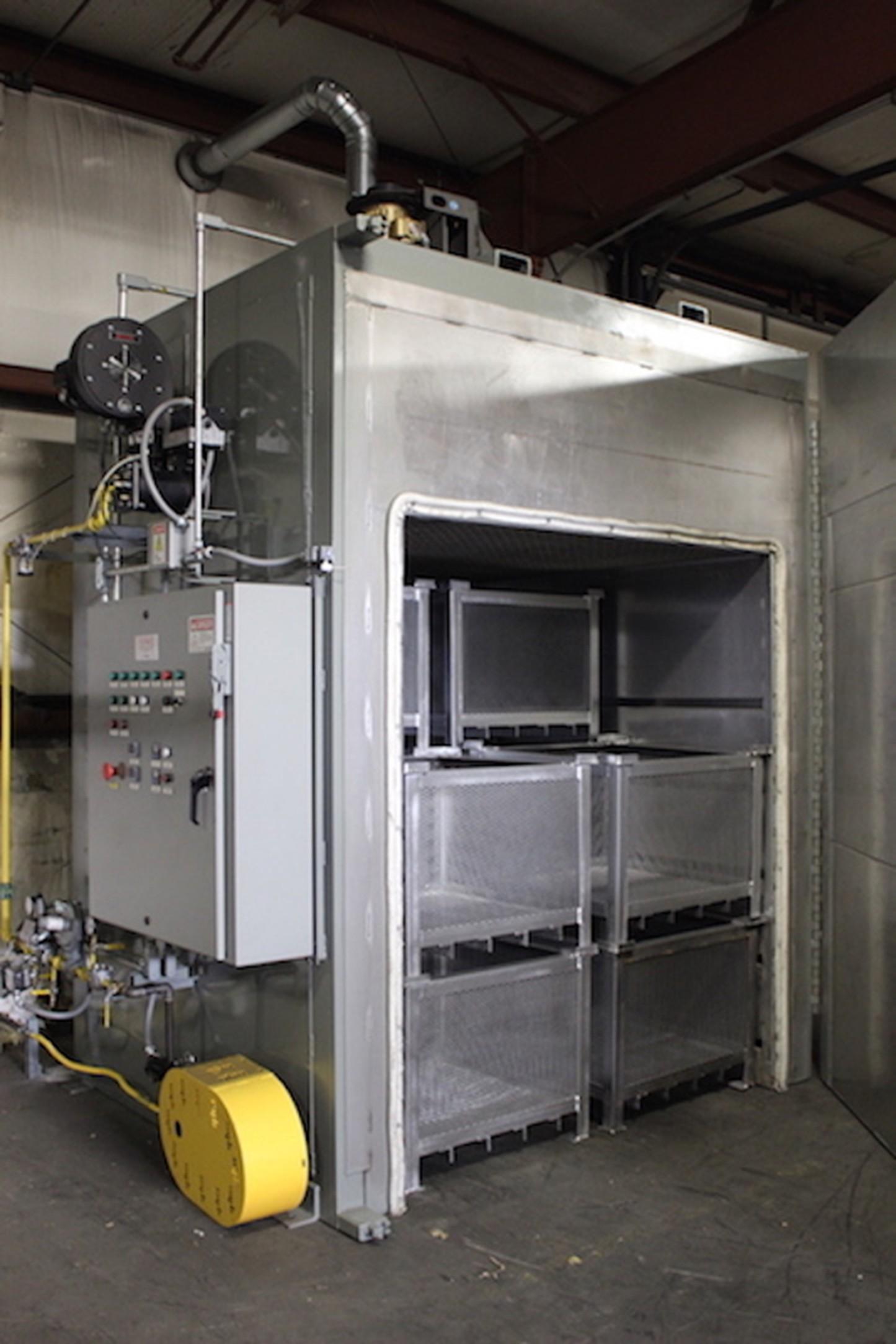Advancements in Non-Destructive Testing Technology: Improving Inspection Precision
Reid Metal Finishing (RMF) employs many different methods of quality control and inspection in our facility, one of which being non destructive testing. Commonly referred to as NDT, this term refers to any sort of testing or analysis process that evaluates the quality and structural integrity of a manufactured product or a finished process without destroying it.
Non Destructive Testing–Benefits and Recent Advancements
NDT has grown more popular over the past few decades, because even after testing is complete, the product is still usable. This reduces the amount of time and money spent on creating sample products that are necessary for destructive testing, which will then be useless after testing, and waste both money and materials. NDT methods are noninvasive procedures, so they won’t damage the tested product, and provide safer, more comprehensive ways to inspect finished projects. Destructive testing is incredibly useful as well, but NDT procedures offer a method of quality control that removes the risk of errors, inaccuracies, and other issues without having to damage part of the product.
That being said, non destructive testing methods tend to rely much more heavily on technology and the user’s knowledge of science. As technology has advanced in recent years, these advancements are becoming increasingly more relevant in NDT as well. Cloud computing, automation, artificial intelligence and machining learning–all of these have led to more advanced sensors, improved monitoring, and smarter, automatic analysis programming.
So how does this help with metal finishing?
NDT is popular in metal finishing services because it allows the supplier to test the surface finish for irregularities or cracks without damaging the coating. For example, Reid performs fluorescent penetrant inspection and magnetic particle testing to examine the surfaces of the parts that we coat for defects, surface cracks, and irregularities.
Fluorescent penetrant inspection (FPI) is a relatively simple inspection technique that applies a fluorescent oil to a part’s surface. This oil then glows under black light, revealing any cracks or stress points on the surface that it may have flowed into.
The other service that we perform, Mag particle inspection (MPI), requires significantly more advanced equipment, both to magnetize a part for inspection and to demagnetize it afterwards. MPI also needs good sensors to detect irregularities in the magnetic field that may signal defects on the part’s surface.
Both of these are excellent ways for us to ensure the quality of our surface finishes without risking further damage to the part.
About Reid Metal Finishing
Reid Metal Finishing is a premiere metal finishing company offering one of the widest ranges of finishing services in the country, as well as several value-added capabilities and quality inspection services. Check out our website to learn more!




